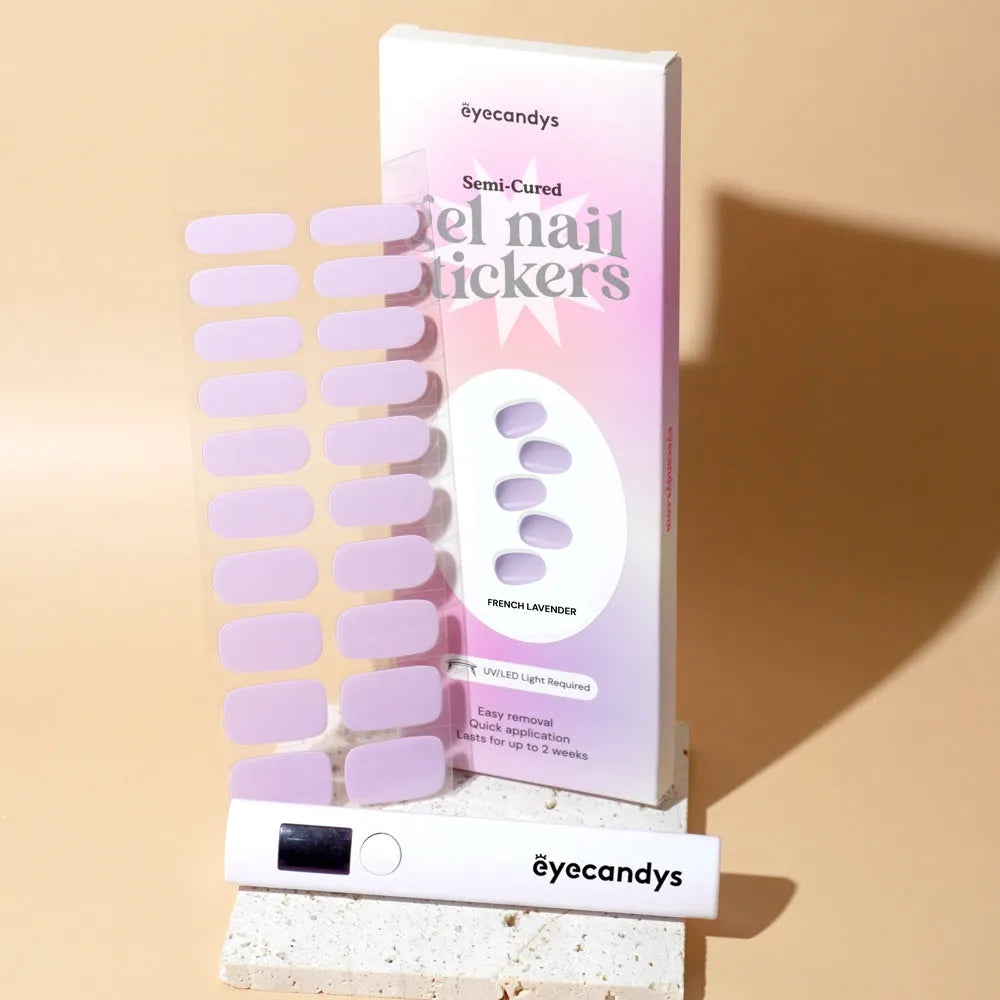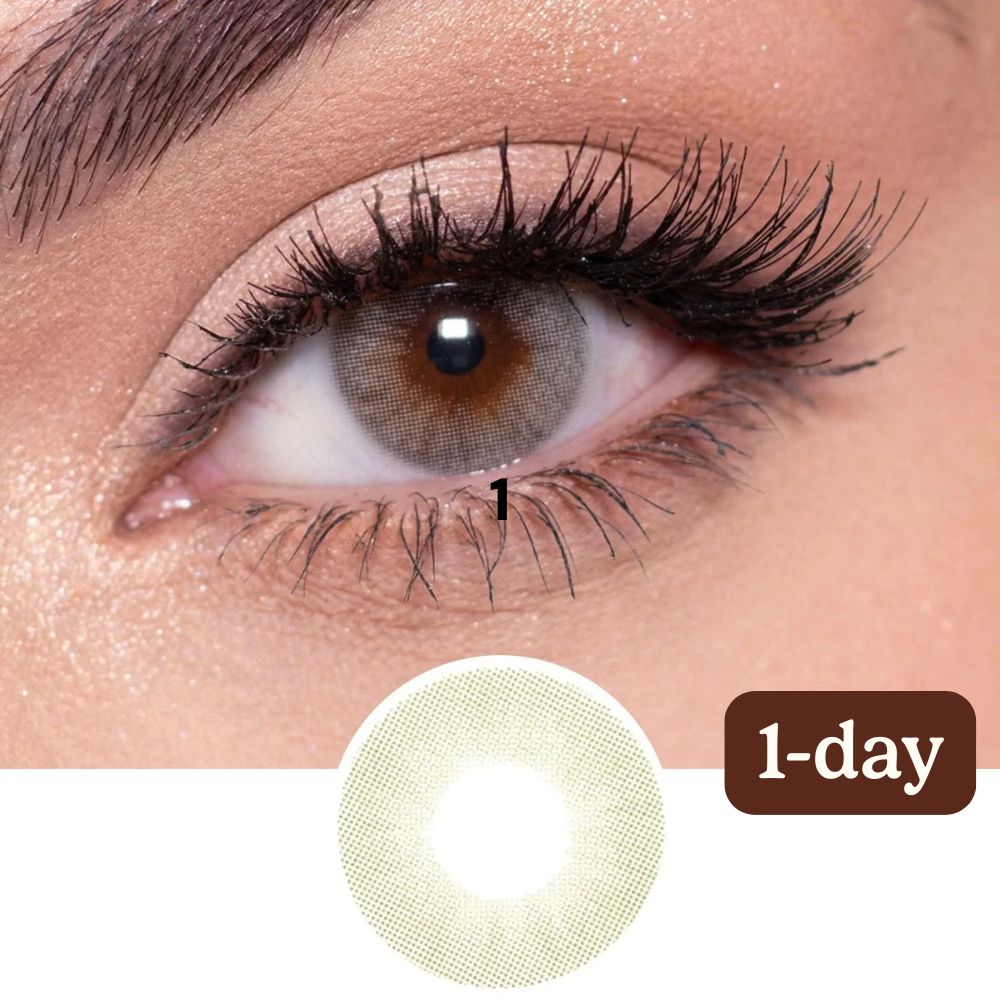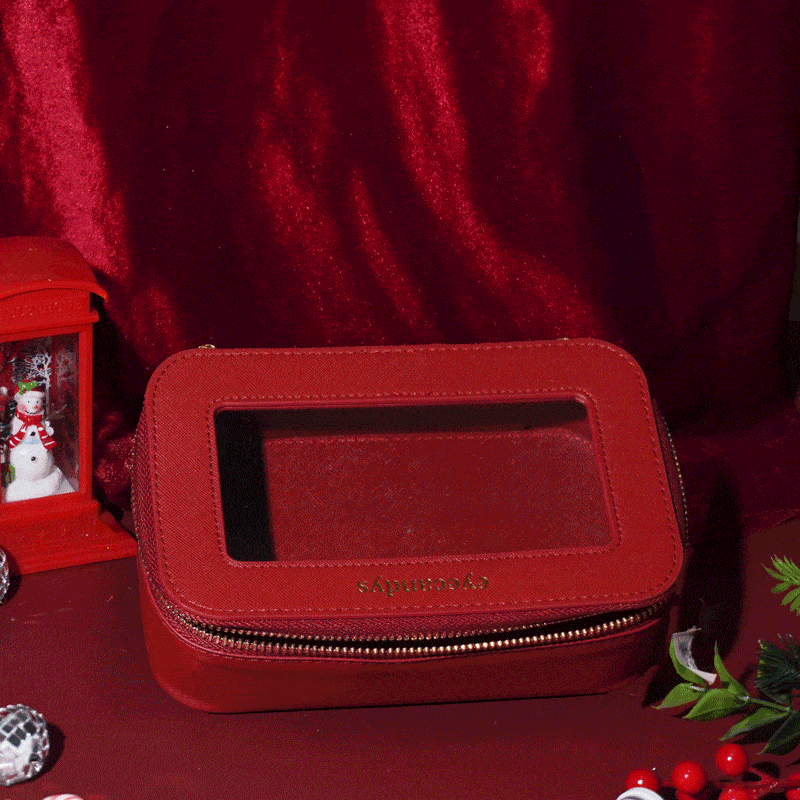Circle lenses, which are also often called “big eye contacts,” were first introduced in South Korea. It has become a popular fashion accessory in Asia since it was first launched. These days, however, it is also growing in popularity in the United States, owing to the fact that Lady Gaga used a pair in her Bad Romance video. In fact, the popularity of these lenses is such that tutorial videos on how to use them to complement eye makeup have gone viral. With this popularity comes the question of whether these contacts are safe to use.
Circle Lenses and the Potential Dangers of Using Them
Just like any other type of contact lens, big eye contacts can cause some serious infection if you wear them for too long. Infection may also occur if your contacts are either too loose or too tight. An ill-fitting pair of contacts can also scratch your cornea, thus causing vision problems. These are perhaps the biggest risks involved in using big eye contacts as well as any other type of contact lens. The good news is that there are ways you can protect yourself from these dangers.

Although there are dangers involved in wearing circle lenses, there are also ways for you to keep your eyes protected. Flickr.com photo by openDemocracy
How to Ensure Safety when Using Circle Lenses
One of the biggest concerns of U.S. citizens with regard to big eye contacts is the fact that the US Food and Drug Administration (FDA) is leery of circle lenses. Colour contact lenses made by GEO Medical are already FDA approved, but they figure that the other brands aren’t really safe for use, which means they have very limited options if they decide to use big eye contacts. Actually, all of the other brands like NEO, Vassen, Dueba, EOS and Royal Vision are approved by the Korean FDA, CE (Conformite Europeen) and various health authorities of other countries. And the truth is that the lack of FDA approval specifically from the US doesn’t necessarily mean a pair of contacts is unsafe. In most cases, technicalities like the size of the lens rather than a lack of safety are the main reasons for disapproval.
- Do Some Research – Since we’re talking about the safety of your eyes, your first line of defense should be to learn as much as you can about the product. Do some research on how to properly apply a circle lens, for how long you can safely wear them each day, how often you need to buy a new pair, and how to keep them clean. Perhaps one of the most important things you need to remember in regard to the use of contacts is that you should NEVER wear them when you sleep.
- Ask Your Doctor – Your eye doctor knows what’s best for your eyes, so it’s only logical for you to seek his or her advice before buying any circle lens with or without FDA approval. You’ll be happy to know that many people are enjoying their use of contacts because they did so after getting advice from their doctor as regards the right type, thickness, and fit, among other things.
Just like anything that makes contact with your eyes, big eye contacts do carry some risks. However, that doesn’t mean you can’t enjoy wearing them like many other people are already doing, the key is in taking the necessary precautions and in buying your contacts from credible retailers like http://eyecandys.com. You are welcome to read about our Pledge to Authenticity here.
For more on colored contact lenses, explore these helpful articles:
-
How Long Do Colored Contacts Last to understand their lifespan and care
-
How Do Colored Contacts Work for a look at their design and function
-
Types of Cosmetic and Corrective Lenses to explore the variety available for both style and vision needs.






